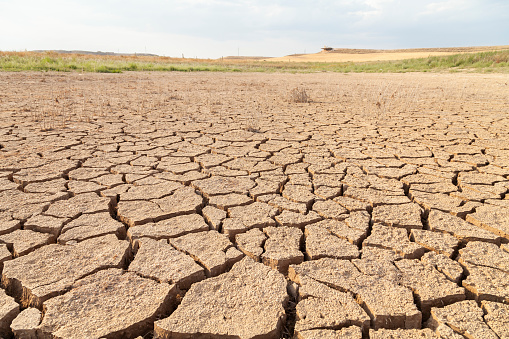Recycling plays a vital role in combating climate change by reducing energy consumption, and pollution and conserving natural resources and cannot be overstated.
By reusing materials, recycling helps decrease the energy required to produce new materials, thereby slowing down greenhouse gas emissions.
Proper disposal of waste materials through recycling also minimises the release of harmful gases such as methane and reducing pollution.
Moreover, the conservation of natural resources is another critical benefit of recycling. Recycling also helps preserve natural resources such as trees, oils, minerals and other resources by reusing materials instead of extracting new resources from the earth.
This conservation of resources helps mitigate climate change by reducing the demand for resource extraction, processing and transportation, which are significant contributors to greenhouse emissions.
Recycling is the process of converting waste materials into useful materials, reducing the negative environmental impact of waste.
By recycling, individuals can contribute to protecting their communities and the atmosphere, creating a better environment for all.
Embracing recycling practices such as saving energy, reducing pollution and conserving natural resources is crucial for mitigating natural resources.
In summary, recycling is a critical practice that helps combat climate change by reducing energy consumption, and pollution and conserving natural resources.
By understanding the importance of recycling and incorporating it into our daily lives, individuals can make a significant impact on reducing greenhouse gas emissions and creating a more suitable future.
















